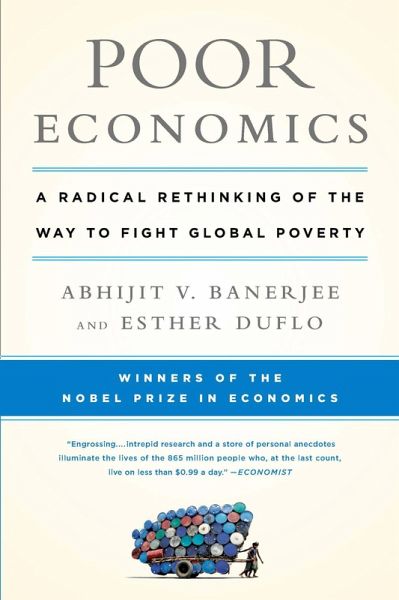

In brief, it involves dividing this issue into smaller, more manageable, questions – for example, the most effective interventions for improving educational outcomes or child health. This year’s Laureates have introduced a new approach to obtaining reliable answers about the best ways to fight global poverty. Half of the world’s children still leave school without basic literacy and numeracy skills. Every year, around five million children under the age of five still die of diseases that could often have been prevented or cured with inexpensive treatments. More than 700 million people still subsist on extremely low incomes. In just two decades, their new experiment-based approach has transformed development economics, which is now a flourishing field of research.ĭespite recent dramatic improvements, one of humanity’s most urgent issues is the reduction of global poverty, in all its forms.

The research conducted by this year’s Laureates has considerably improved our ability to fight global poverty. Their research is helping us fight poverty “for their experimental approach to alleviating global poverty” Massachusetts Institute of Technology, Cambridge, USA The Royal Swedish Academy of Sciences has decided to award the Sveriges Riksbank Prize in Economic Sciences in Memory of Alfred Nobel 2019 to Share via Email: Press release Share this content via Email.Share on LinkedIn: Press release Share this content on LinkedIn.Tweet: Press release Share this content on Twitter.Share on Facebook: Press release Share this content on Facebook.


 0 kommentar(er)
0 kommentar(er)
